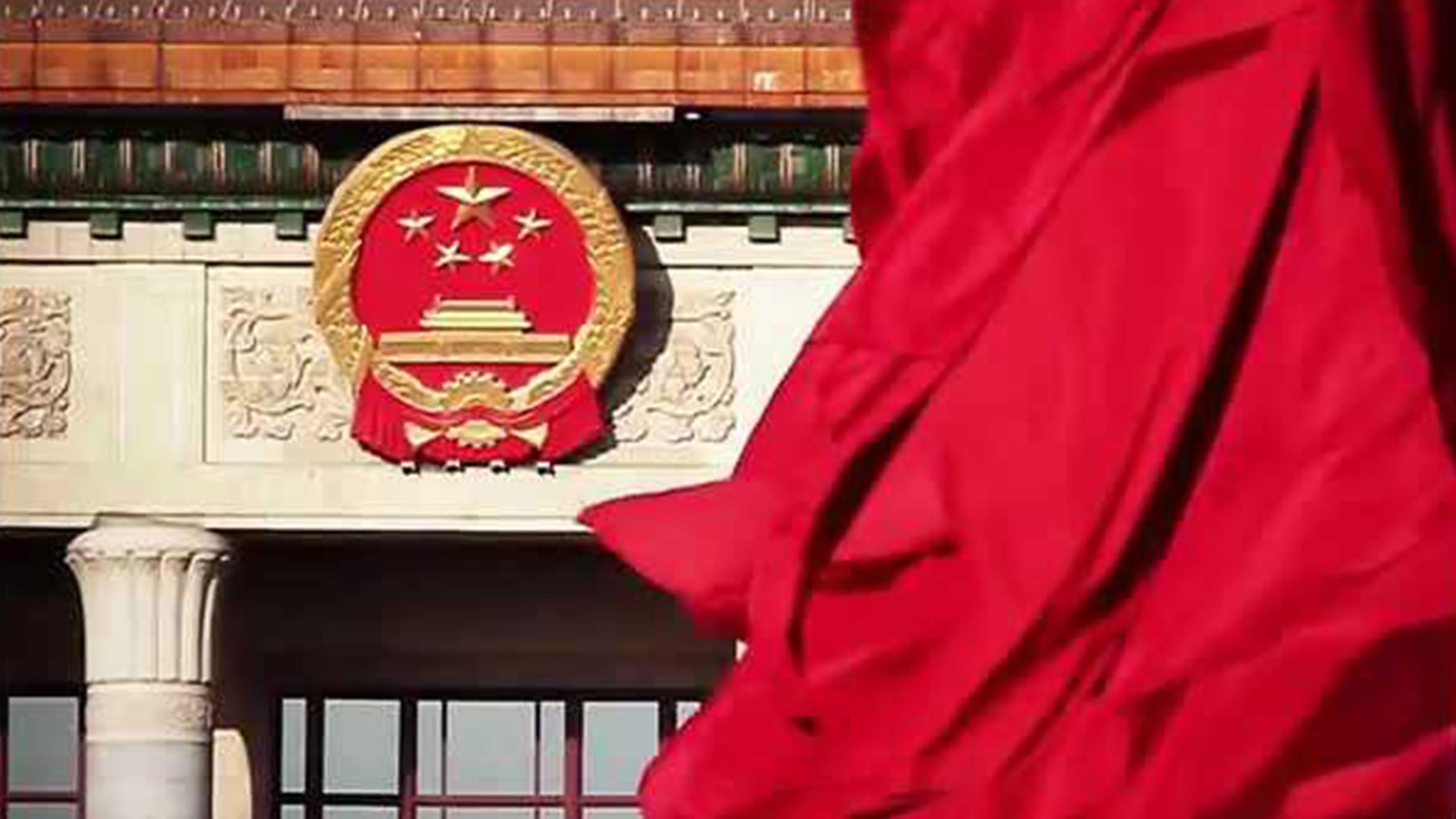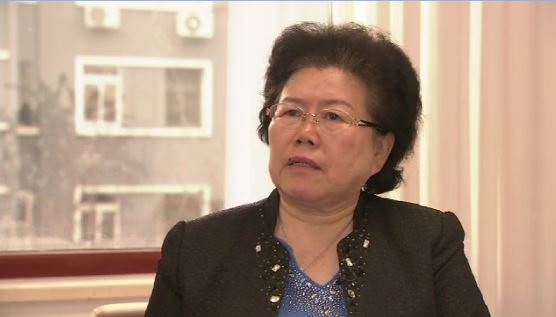
Business
15:35, 22-Jan-2018
China’s role in today’s fractured world
By CGTN's Xu Xinchen

Heads of state and business leaders will meet in Davos this week to discuss creating a shared future in a fractured world. The Trump administration is taking the US out of the equation of globalization. China for its part is stepping up to take leadership to grow its own domestic economy and see other nations prosper.
President Xi Jinping presented his vision of globalization and what it means to the world economy during last year's Davos gathering --- any move to reverse the tide with protectionism would run against the historical trend.
The world economy performed better than expected in 2017. As the world's second-largest economy, China was the main driver of last year's recovery. The Chinese economy grew 6.9 percent in 2017, more than double the global average.

Chen Wenling, the chief economist for the China Center for International Economic Exchanges, once served as the director of the State Council Research Office /CGTN Photo
Chen Wenling, the chief economist for the China Center for International Economic Exchanges, once served as the director of the State Council Research Office /CGTN Photo
“China was pushed to the front because globalization is the trend. China's economy has been expanding stably and contributing for over a third of the world economic growth. The digital economy, sharing economy and technological development are accelerating globalization. The worldwide web, the Internet of Things, big data, VR and AR, artificial intelligence and blockchain -- these technologies are not restrained by administrative or national boundaries,” said Chen Wenling, the chief economist for the China Center for International Economic Exchanges.
China has been offering help to others and is now playing a cohesive role in bringing the world together. The Belt and Road Initiative is said to be the key to achieve a more inclusive globalization. The per capita GDP of countries along the Belt and Road is less than half of the world's average. In the next 10 years, as China continues to ramp up trade and investments, Belt and Road countries, including EU member states, are predicted to account for two-thirds of the world's economy by 2027.

Professor Wang Yiwei [R] spoke to CGTN reporter at Renmin University /CGTN Photo
Professor Wang Yiwei [R] spoke to CGTN reporter at Renmin University /CGTN Photo
“US innovation saved their labor markets, and the European Union's innovation save their energy and resources. Those two kinds of innovation marginalize developing countries and make the rich richer and the poor poorer. Ninety percent of world trade is from the sea, so land-locked countries remain very poor. Today's Belt and Road Initiative focuses on integrating the continental and maritime economies. It's very important,” said Wang Yiwei, the Jean Monnet Chair Professor at Renmin University.
The World Bank forecasts the global economy could grow above 3 percent this year with growth in developing nations expected to hit more than 4 percent.

SITEMAP
Copyright © 2018 CGTN. Beijing ICP prepared NO.16065310-3
Copyright © 2018 CGTN. Beijing ICP prepared NO.16065310-3